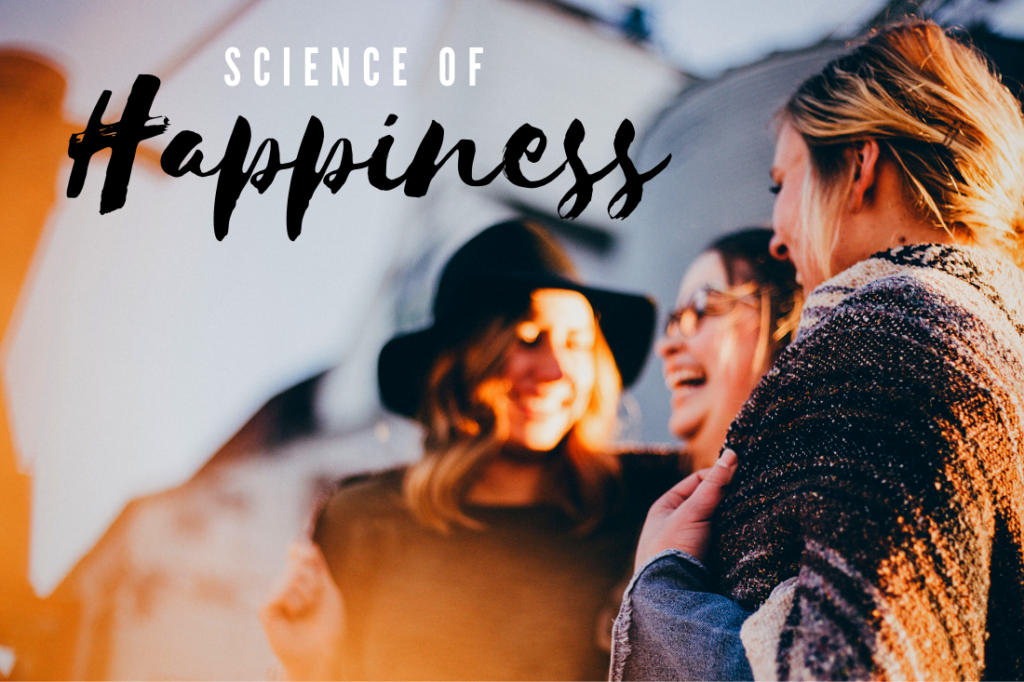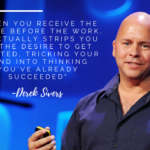When people talk about happiness, it’s often referred to as a search—a quest to find something so elusive and out of reach, that there are now tons of ideas on how to acquire it. But shockingly, it could be our power to choose from thousands of great experiences in life that actually keeps us from being happy.
Related: TED Talks: ‘The Habits of Happiness’
In this TED Talk, psychologist Dan Gilbert breaks down happiness into its two most basic components—the happiness we stumble upon and the happiness we create—to reveal a shocking truth.
“Natural happiness is what we get when we get what we wanted, and synthetic happiness is what we make when we don’t get what we wanted,” he says. “And in our society, we have a strong belief that synthetic happiness is of an inferior kind.”
Gilbert says neither of the two is any less real than the other. In fact, everyone has the ability to synthesize happiness. But while having the freedom to choose different things in life creates natural happiness, synthetic happiness thrives on the exact opposite.
“The psychological immune system works best when we are totally stuck, when we are trapped,” Gilbert says. “This is the difference between dating and marriage. You go out on a date with a guy, and he picks his nose; you don”t go out on another date. You’re married to a guy and he picks his nose? He has a heart of gold, [but] don’t touch the fruitcake! You find a way to be happy with what’s happened.”
Related: TED Talks: ‘Want to Be Happy? Be Grateful’
An experiment at Harvard proved just that. Gilbert created a photography course in which students took pictures around campus and learned to how to develop them in a dark room. He allowed the students to choose their two best photos, and then he split the students into two experimental groups. The first was asked to give up one of their photos—the other group was asked the same but had the option to swap the photo days later if they changed their mind.
Surprisingly, the students who were stuck with their photo, unable to swap it for the other, were more satisfied with their choice.
“And people who are deliberating—“Should I return it? Have I gotten the right one? Maybe this isn’t the good one? Maybe I left the good one?”—have killed themselves. They don’t like their picture, and in fact, even after the opportunity to swap has expired, they still don’t like their picture. Why? Because the [reversible] condition is not conducive to the synthesis of happiness.”
That doesn’t mean people shouldn’t have preferences, Gilbert says. Some things truly are better than others. The real risk in happiness happens when people overrate their choices, allowing the mind to conjure dozens of this-or-that scenarios that keep the brain in a constant search.
“When our ambition is bounded, it leads us to work joyfully,” Gilbert says. “When our ambition is unbounded, it leads us to lie, to cheat, to steal, to hurt others, to sacrifice things of real value. When our fears are bounded, we’re prudent, we’re cautious, we’re thoughtful. When our fears are unbounded and overblown, we’re reckless, and we’re cowardly.”
Related: Secrets for a Happy Brain











